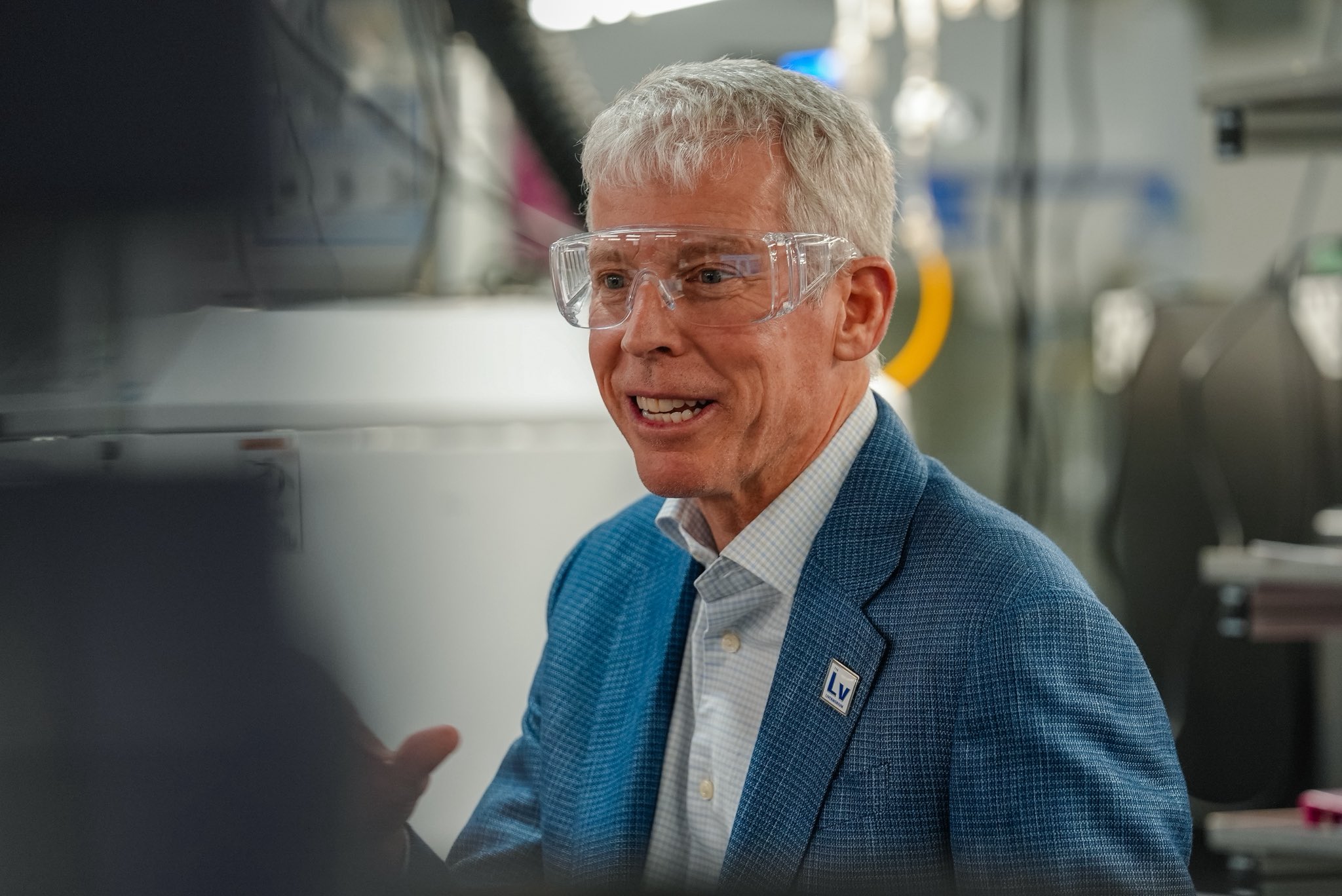
WASHINGTON – Advanced nuclear reactor development will be driven by private funding with the help of federal money, Secretary of Energy Chris Wright said this week.
Wright spoke before the House Appropriations Energy and Water subcommittee on Wednesday about…